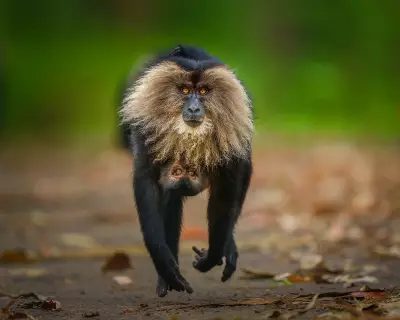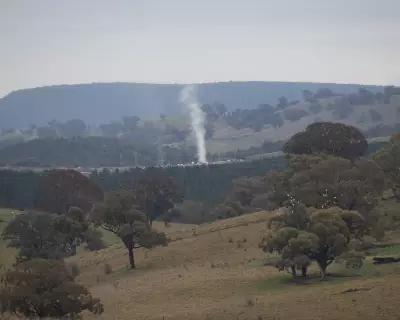
In a startling revelation that connects planetary health directly to human biology, scientists are warning that the global extinction crisis isn't just happening around us - it's unfolding within our very bodies.
The Hidden Ecosystem Within
New research indicates that the catastrophic loss of biodiversity in our natural environments is creating a parallel collapse in the rich microbial ecosystems that have evolved within humans over millennia. This internal extinction event may have devastating consequences for human health that we're only beginning to understand.
What We're Losing and Why It Matters
The study reveals that as species disappear from our forests, oceans and grasslands, we're simultaneously losing crucial microbial diversity that has co-evolved with humanity. These microorganisms play essential roles in:
- Training our immune systems to distinguish between threats and harmless substances
- Regulating inflammation throughout the body
- Producing vital nutrients and neurotransmitters
- Protecting against pathogens and disease
The Health Implications Are Staggering
Scientists now believe this loss of internal biodiversity may be driving the dramatic increase in autoimmune diseases, allergies, inflammatory conditions and mental health disorders observed across developed nations. The research suggests that without exposure to diverse environmental microbes, our immune systems become confused and over-reactive.
Urban Living and the Nature Deficit
The problem is particularly acute in urban environments, where people have limited contact with soil, animals and diverse plant life. This "nature deficit" translates directly to reduced microbial diversity in our gut, skin and respiratory systems.
One researcher described it as "building an immune system with only half the tools it needs to function properly."
A Call for Integrated Solutions
The findings suggest that conservation efforts and public health policies can no longer be treated as separate issues. Protecting natural habitats and biodiversity may be one of the most effective strategies for safeguarding human health in the long term.
As one expert noted, "We cannot have healthy people on a sick planet. The two are fundamentally interconnected in ways we're only beginning to appreciate."
The research calls for urgent action to address both the external extinction crisis in our environments and the internal one within our bodies, recognising that human health and planetary health are ultimately the same thing.





